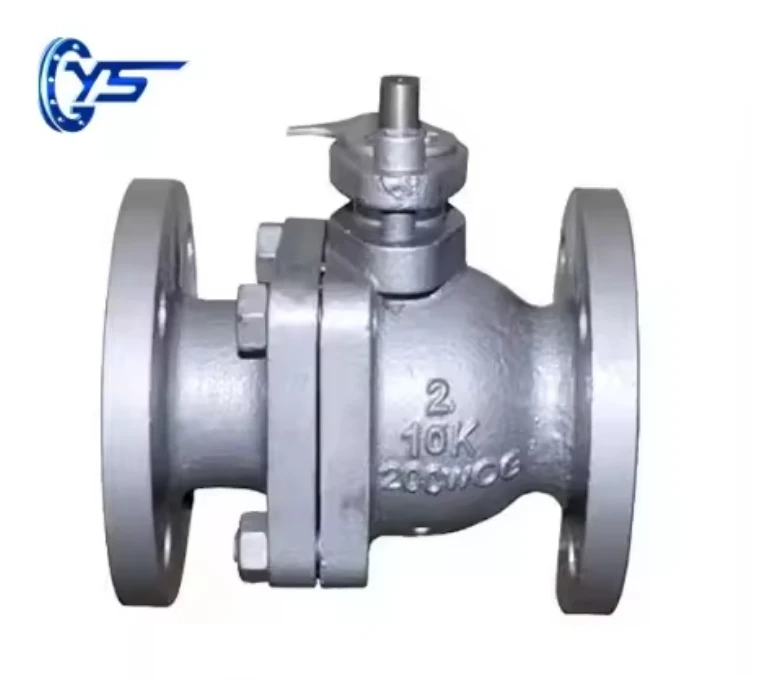high pressure hydraulic needle valve
High-Pressure Hydraulic Needle Valve An Essential Component for Precision Control
In the realm of hydraulic systems, precision control is critical, particularly in applications that require the movement of fluids under high pressure. One component that plays a pivotal role in achieving this is the high-pressure hydraulic needle valve. Designed to regulate the flow of fluid with remarkable accuracy, these valves are indispensable in various industrial applications, including automotive, aerospace, oil and gas, and manufacturing.
Understanding Needle Valves
A hydraulic needle valve is characterized by its slender, tapered needle-like plug, which fits into a corresponding seat. This design distinguishes it from other types of valves, such as gate or ball valves, and enables very fine control of fluid flow. When the needle is turned, it moves up or down, modifying the constriction of the flow path. As a result, these valves can maintain very low flow rates and are capable of adjusting the flow precisely, making them ideal for applications that require a delicate balance.
Applications of High-Pressure Hydraulic Needle Valves
High-pressure hydraulic needle valves are utilized across a broad spectrum of industries. In the oil and gas sector, they manage the flow of crude oil or natural gas under extreme conditions, ensuring that operations run smoothly and safely. In aerospace, these valves are crucial for controlling hydraulic systems that operate aircraft landing gear or flight control surfaces, where reliability and precision are of utmost importance. Additionally, in manufacturing processes that require accurate dosing of liquids, such as chemical mixing or cooling systems, needle valves are invaluable.
Advantages of High-Pressure Hydraulic Needle Valves
1. Precision Control As highlighted, the primary advantage of needle valves is their ability to control flow with high precision. This is especially important in systems where small changes can lead to significant differences in performance.
high pressure hydraulic needle valve

2. Durability These valves are typically constructed from high-strength materials, enabling them to withstand extreme pressures and harsh environments. Stainless steel and other corrosion-resistant alloys are commonly used to enhance their longevity, ensuring reliable performance over time.
3. Versatile Design High-pressure hydraulic needle valves come in various designs, including integrated pressure relief features, which add an extra layer of safety. Their adaptable configurations make them suitable for diverse applications, from high-flow systems to intricate fluid control processes.
4. Compact Size The compact design of needle valves allows for easy integration into existing hydraulic systems without needing significant changes to the overall layout. This is particularly beneficial in tight spaces where traditional valves may not fit.
5. Low Leakage Needle valves are engineered to provide low leakage rates, which is essential for maintaining system integrity and efficiency. The tight sealing capability of these valves contributes to minimizing waste and optimizing performance.
Installation and Maintenance
Proper installation and maintenance are vital to ensuring that high-pressure hydraulic needle valves function optimally. It’s essential to follow manufacturer guidelines during installation to prevent damage and ensure that the valve operates as intended. Regular maintenance checks, including inspections for wear and tear, will help identify any potential issues before they become significant problems. Greasing threads and ensuring that seals are intact can extend the life of the valve and maintain its performance.
Conclusion
In conclusion, high-pressure hydraulic needle valves are critical components in numerous industrial systems, offering unmatched precision in flow regulation. Their robust design, adaptability, and reliability make them indispensable in high-stakes environments where control over fluid movement is essential. As industries continue to evolve, the role of these valves will likely expand, further cementing their importance in modern hydraulic systems. Whether in aerospace, oil and gas, or manufacturing, the high-pressure hydraulic needle valve remains a cornerstone of effective fluid management.
-
The Key to Fluid Control: Exploring the Advantages of Ball Valves in Industrial SystemsNewsJul.09,2025
-
The Versatile World of 1, 2, and 3 Piece Ball ValvesNewsJul.09,2025
-
Stainless Steel Ball Valves: The Ideal Choice for Efficient Flow ControlNewsJul.09,2025
-
Optimizing Fluid Control with Ball Float ValvesNewsJul.09,2025
-
Manual Gate Valves: Essential for Control and EfficiencyNewsJul.09,2025
-
Everything You Need to Know About Butterfly ValvesNewsJul.09,2025
-
The Versatility of Wafer Type Butterfly ValvesNewsJul.08,2025




